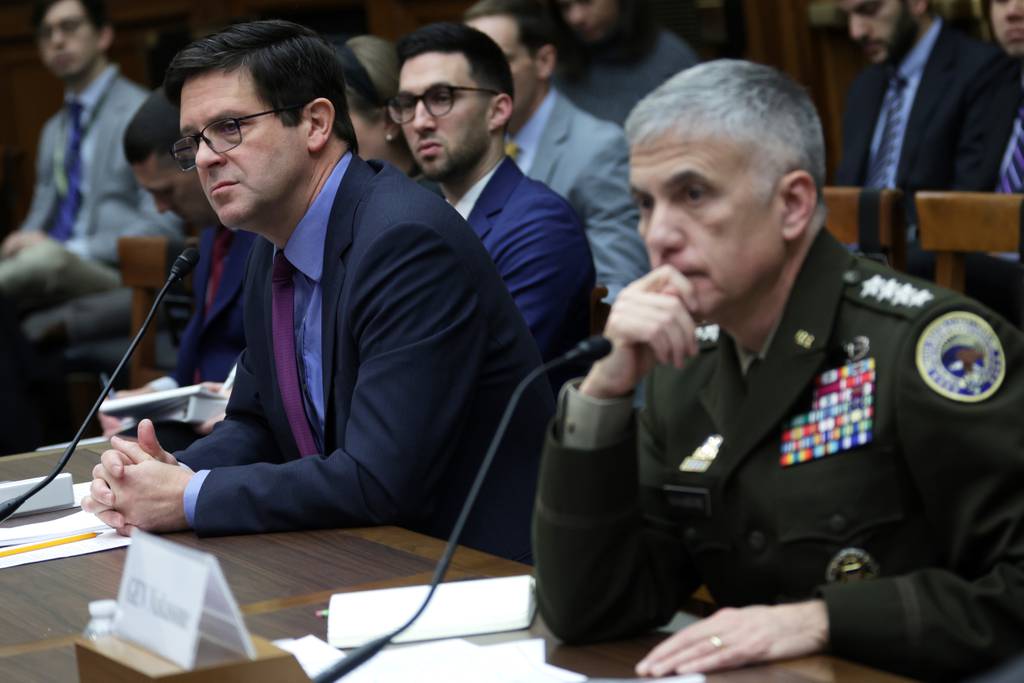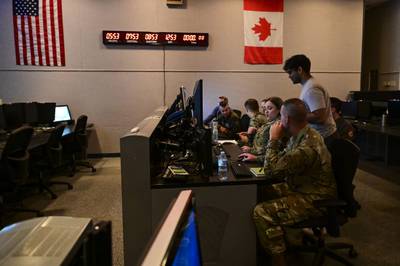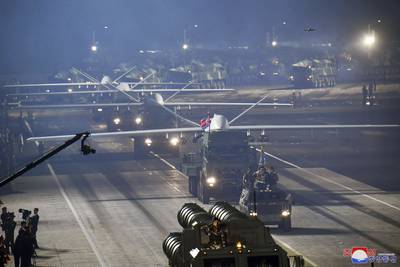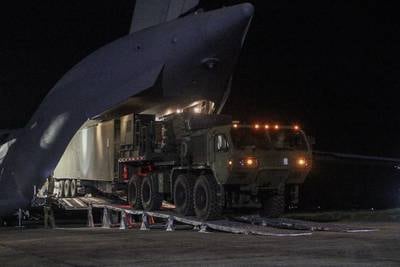WASHINGTON — A newly created senior cyber oversight position at the Department of Defense will likely remain unfilled until the end of the year at the earliest, as the Pentagon works with an outside group on the officeholder’s responsibilities and objectives.
A federally funded research and development center, or FFRDC, was selected to examine the assistant secretary of defense for cyber policy role, carved out by the fiscal 2023 National Defense Authorization Act, according to John Plumb, the assistant secretary of defense for space policy and the principal cyber adviser to the defense secretary.
While the ball is already rolling, results aren’t expected for months, Plumb told members of the House Armed Services Committee on March 30. The Rand Corporation is involved in the assessment, the cybersecurity publication The Record reported.
Rep. Mike Gallagher, a Wisconsin Republican at the head of the Cyber, Information Technology and Innovation panel, said at the hearing he’s disappointed by the timing.
“I’m confident that the Senate is ready to rapidly confirm a nominee,” he said. “I’ve had many conversations to that effect.”
RELATED

A deputy assistant secretary for cyber policy already exists. The position is held by Mieke Eoyang.
Interest in and spending on cyber has boomed in recent years. The Pentagon’s fiscal 2024 budget blueprint includes $13.5 billion for so-called cyberspace activities, such as zero-trust implementation. The sum is nearly 21% more than the FY23 ask.
The assistant secretary gig may include aspects of electronic and information warfare, according to Plumb, who described the forthcoming review as “deliberate.”
“What we are doing is following the template that was used to create my current position, ASD for space, which is putting an FFRDC on contract to examine what is the proper structure, are there different pieces required, what things should be in this,” said Plumb, who was confirmed in March 2022. “That is on contract now. We expect that the study should be done around September. But we are moving forward on it.”
Colin Demarest was a reporter at C4ISRNET, where he covered military networks, cyber and IT. Colin had previously covered the Department of Energy and its National Nuclear Security Administration — namely Cold War cleanup and nuclear weapons development — for a daily newspaper in South Carolina. Colin is also an award-winning photographer.








